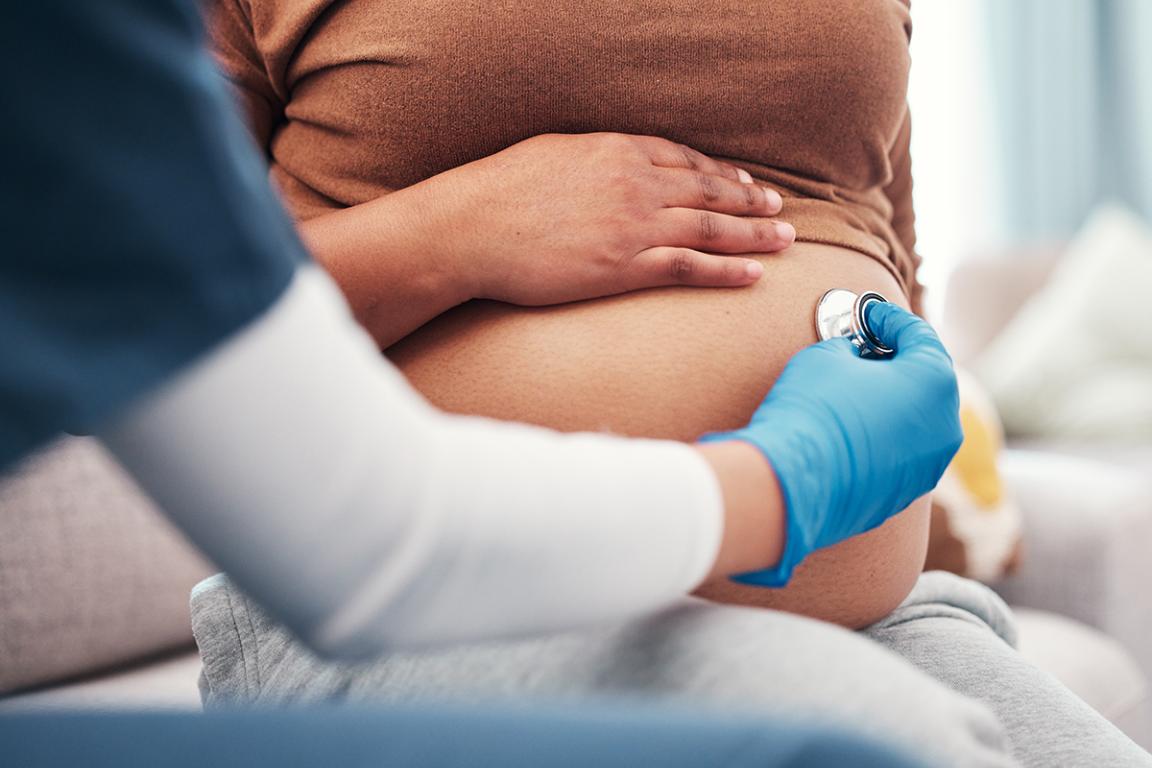Rubella (German Measles)
Rubella, also known as German measles or three-day measles, is a contagious viral infection. It causes a distinctive red rash on the skin.
Rubella is caused by the rubella virus, which is a different virus than the measles virus.
Rubella elimination (i.e., the absence of endemic transmission) was achieved in the United States in 2004. Rubella is still present in other parts of the world.
[MMR vaccine callout]
Rubella in Pregnancy

Rubella infection in pregnant women can cause severe birth defects in the baby.
The conditions that result from a mother being infected with rubella during pregnancy are together known as congenital rubella syndrome, or CRS.
Signs and Symptoms
Signs and symptoms of rubella are often mild and may include:
- Mild fever (usually below 102°F or 38.9°C)
- Headache
- Stuffy or runny nose
- Red, itchy eyes
- Enlarged, tender lymph nodes (located at the base of the skull, back of the neck and behind the ears)
- A fine, pink rash that starts on the face and spreads to the trunk, arms and legs (disappearing in the same order)
- Aching joints (especially in young women)
Risk Factors
- Rubella is usually mild in children but can be more severe in adults.
- Pregnant women are at risk because rubella can harm the developing fetus.
- In the first 12 weeks of pregnancy, rubella can cause miscarriage, premature delivery or serious birth defects (such as congenital deafness).
Prevention
- The MMR vaccine (measles-mumps-rubella) is safe and highly effective in preventing rubella.
- Immunizing children on schedule helps protect pregnant women and vulnerable individuals.
This page was last modified on 11/03/2025
